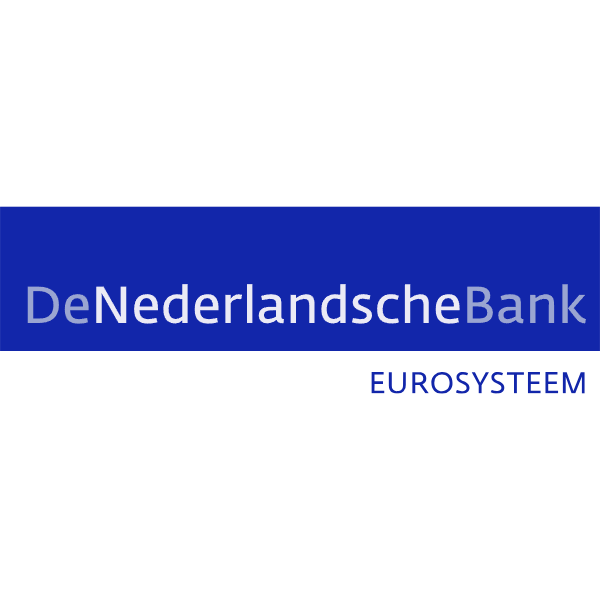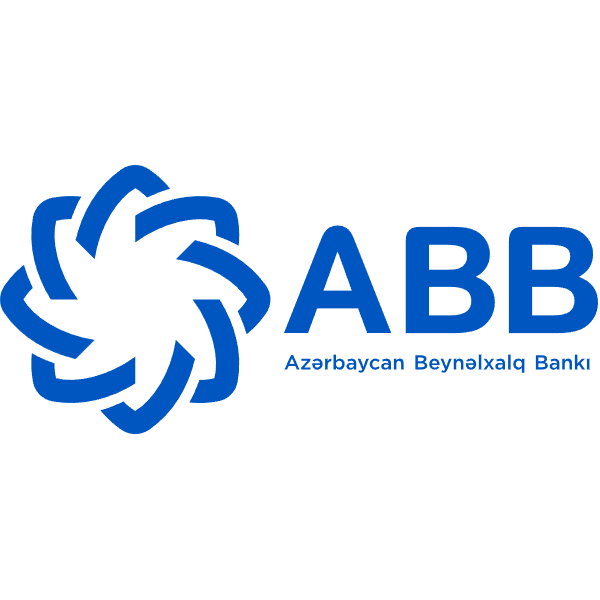네덜란드 중앙 은행(네덜란드어: De Nederlandsche Bank, ABN Amro, 약어: DNB)은 네덜란드의 중앙 은행이며 유럽 중앙 은행 시스템의 일부입니다.
역사
암스테르담에 본사를 둔 대통령은 왕실에 의해 임명됩니다. 1814년 네덜란드의 빌헬름 1세는 통화 발행을 통제하기 위해 중앙 은행을 설립했고, 국가는 중앙 은행의 유일한 주주가 되었습니다. 네덜란드 중앙 은행은 1999년 유럽 경제 통화 연합에 가입할 때까지 고정 금리를 유지했습니다.










